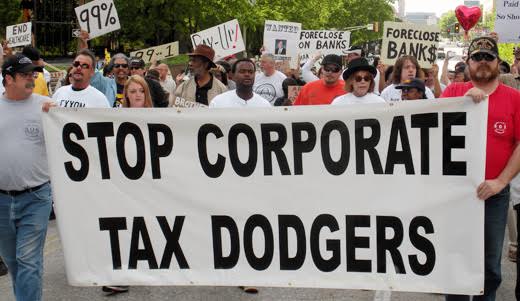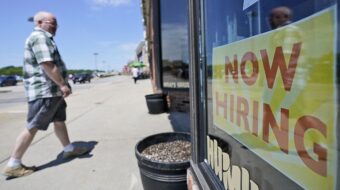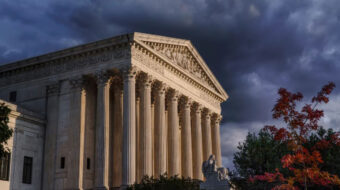
We don’t’ know how much attention it’s gotten outside the New York-Washington corridor or banking circles, but the recent revelations of the “Panama Papers” illuminate the seamy, secretive, skewed side of international business as never before.
To review, the Panama Papers are a trove of 11.5 million documents, leaked out of the Panama law firm Mossack Fonseca which made a specialty of setting up dummy companies in overseas “tax haven” countries such as Panama and the British Virgin Islands so individuals, firms, and even universities could stash away billions of dollars in cash.
Participants in 40 years of such shenanigans ran the gamut from virtually every single big U.S. financial institution – Wachovia, Merrill Lynch, you name it – to half the prominent politicians in Pakistan, Iceland’s prime minister and his wife, the father of British Prime Minister David Cameron, the king of Saudi Arabia and members of Russian leader Vladimir Putin’s inner circle. By the way, the uproar is enough that Iceland’s PM is now its former PM.
They weren’t the only ones: The papers also showed dummy companies established by the heavyweight Democratic Party law and lobbying firm of Akin, Gump, Strauss, Hauer and Feld and by at least two universities: Georgia Tech and New York University’s medical school.
And, says Huffington Post, Donald Trump.
But here’s the point of the Panama Papers. What those corporations, universities, law firms and more did may have been seamy, smarmy and unethical. But it’s legal.
As the International Consortium of Investigative Journalists, which spent more than a year combing through the Panama Papers, notes: “”There are legitimate uses for offshore companies and trusts. We do not intend to suggest or imply that any persons have broken the law or otherwise acted improperly.”
However, the tax laws not only of the countries that hosted the dummy companies but of the countries that housed the entities and individuals that set them up, do suggest improprieties. The Panama Papers, in short, are part of the global influence-peddling that the 1 percent enjoy.
One surprise in the Panama Papers: how few U.S. names there are. Aside from Trump, there aren’t many individuals here that used the dummy firms overseas to evade U.S. taxes. But there’s a reason for that. They don’t need to go overseas.
We have our own tax havens right here at home. They’re the states that let companies and individuals set up dummy companies to hide income: South Dakota, Nevada, Delaware and Wyoming. Mossack Fonseca even helped some clients set up dummy Nevada companies.
That tells us something. The 1 percent have so successfully taken over the U.S. tax code and milked it and manipulated it that they’ve hidden billions of dollars right here at home. And when they do so to escape taxes, guess who pays? Right: you and me.
So here’s the point of the Panama Papers, as far as we’re concerned. If, when and ever someone proposes overhauling the arcane, byzantine, convoluted monstrosity that is the current tax code, a prime objective must be to tax all earned income, regardless of what type it is, where it was earned or where it is stashed.
Social Security payments, railroad retirement funds, workers’ pensions, no not these. Everything else – and we mean everything, be it interest, dividends, capital gains, stock options, whatever – yes. It’s time to end the saga of the Panama Papers, and of those U.S. states that aid and abet similar favors for the rich and the corrupt. And who aid and abet Donald Trump.
Photo: Tony Pecinovsky/PW












Comments